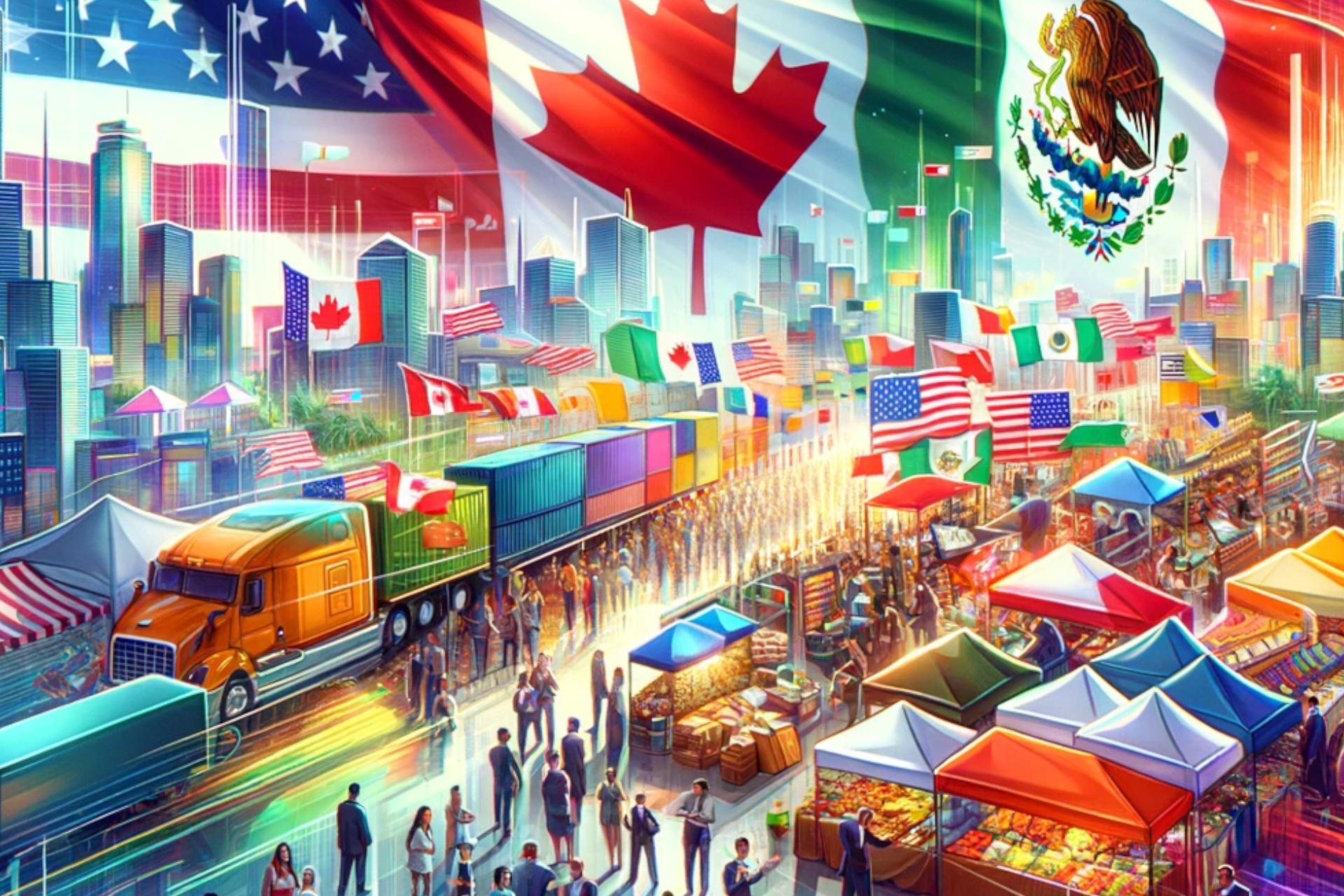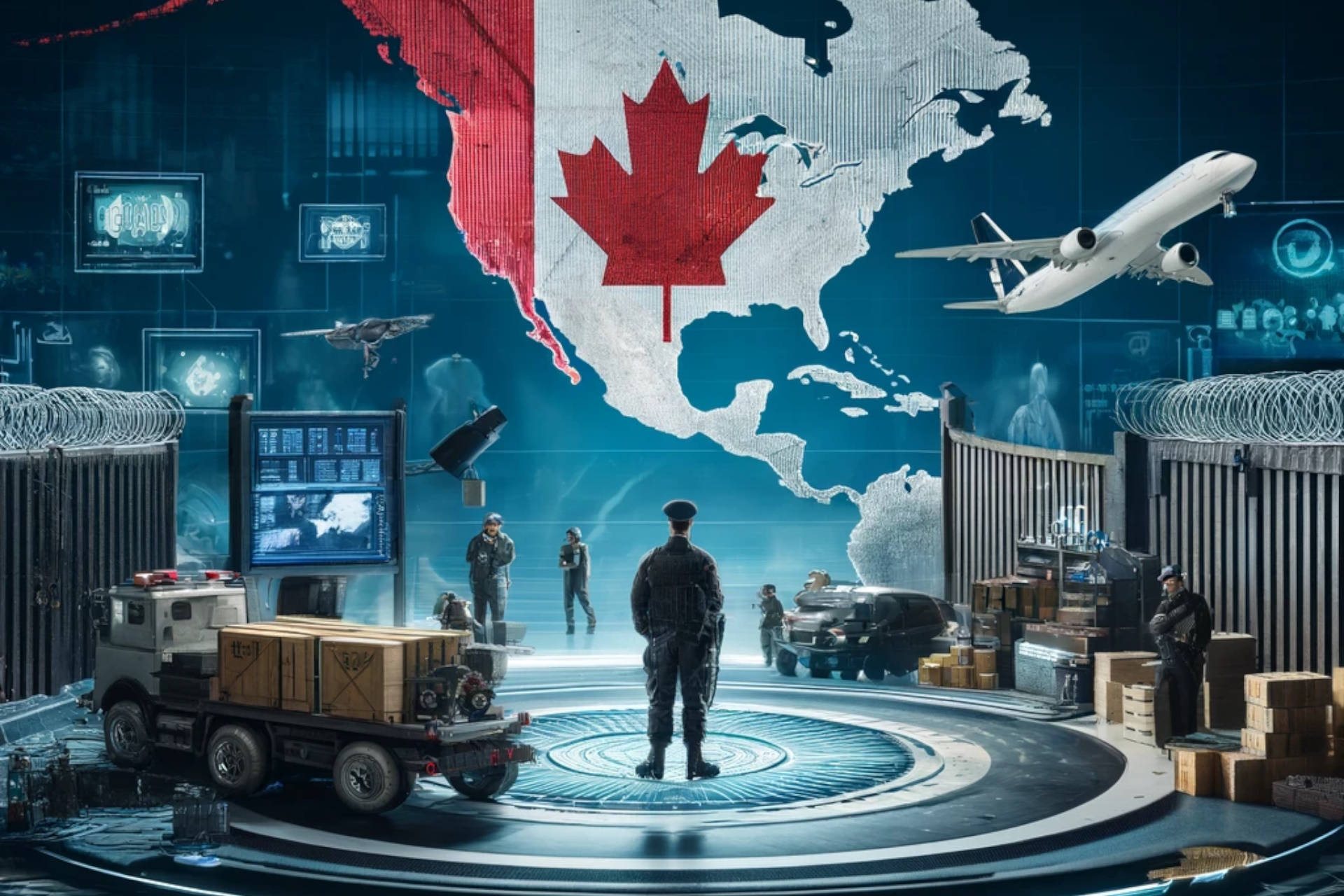The impact of trade tariffs on global value chains is profound and multifaceted, necessitating agile and strategic responses from businesses worldwide. While tariffs pose challenges in terms of restructuring supply chains, fostering uncertainty, and amplifying operational complexities, they also present opportunities for innovation and optimization. By embracing flexibility, foresight, and resilience, businesses can navigate the complexities of trade tariffs and emerge stronger in the evolving global trade landscape.
In an era where interconnectedness defines global trade, the imposition of tariffs has emerged as a pivotal disruptor, reshaping the landscape of global value chains. From raw material sourcing to final product assembly, trade tariffs wield significant influence, prompting businesses to recalibrate strategies and adapt to evolving dynamics. Understanding the intricate interplay between tariffs and global value chains is paramount for businesses navigating this challenging terrain.
Trade tariffs, often utilized as a tool for economic policy, carry multifaceted implications across global value chains. While ostensibly aimed at protecting domestic industries or addressing trade imbalances, tariffs can inadvertently trigger a domino effect, reverberating through intricate networks of suppliers, manufacturers, and consumers worldwide.
One notable impact of tariffs is the restructuring of supply chains. Companies compelled to mitigate increased costs seek alternative sourcing strategies, diversifying suppliers or relocating production facilities to circumvent tariff constraints. This strategic shift, although disruptive in the short term, fosters resilience by reducing dependency on specific regions or nations vulnerable to tariff fluctuations.
Moreover, tariffs engender uncertainty, impeding long-term investment and inhibiting innovation within global value chains. Businesses, confronted with volatile tariff environments, hesitate to commit resources to research and development or capital-intensive projects. This uncertainty stifles innovation, constraining the evolution of value chains and hindering competitiveness in the global market.
Furthermore, tariffs amplify operational complexities, necessitating meticulous supply chain management. Increased paperwork, customs procedures, and compliance requirements introduce administrative burdens, exacerbating logistical challenges and prolonging lead times. Consequently, businesses must enhance operational agility and invest in robust supply chain infrastructure to mitigate disruptions and maintain competitiveness amidst tariff-induced complexities.
Despite these challenges, trade tariffs also catalyze opportunities for strategic optimization within global value chains. Proactive adaptation to tariff dynamics can unearth new avenues for cost efficiency and competitive differentiation. Through scenario planning, businesses can identify optimal sourcing strategies, leverage preferential trade agreements, and capitalize on emerging market opportunities, thereby fortifying their position in the global value chain landscape.
#TradeTariffs #GlobalValueChains #SupplyChainManagement #TradePolicy #EconomicImpact #BusinessStrategy #SupplyChainOptimization #InternationalTrade #GlobalEconomy #TariffImpact
Read more views

















































































